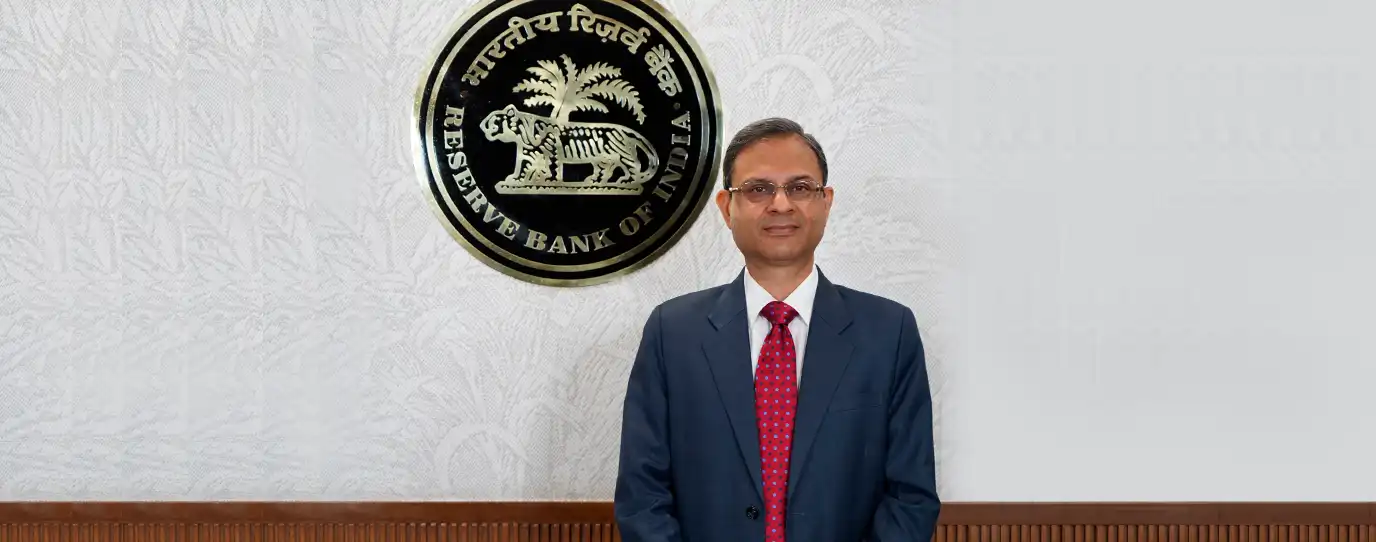Speeches - ଆରବିଆଇ - Reserve Bank of India
Speeches
Respected Professor Govinda Rao and distinguished scholars, I am honoured by my friend, Prof. Govinda Rao’s, kind invitation to me to visit the National Institute of Public Finance and Policy (NIPFP). I had the opportunity of working very closely with the NIPFP on several occasions. Apart from my personal affinity to the NIPFP, there is a close relationship between the Reserve Bank of India (RBI) and the NIPFP, from an institutional point of view also. For instance, P
Respected Professor Govinda Rao and distinguished scholars, I am honoured by my friend, Prof. Govinda Rao’s, kind invitation to me to visit the National Institute of Public Finance and Policy (NIPFP). I had the opportunity of working very closely with the NIPFP on several occasions. Apart from my personal affinity to the NIPFP, there is a close relationship between the Reserve Bank of India (RBI) and the NIPFP, from an institutional point of view also. For instance, P
ପେଜ୍ ଅନ୍ତିମ ଅପଡେଟ୍ ହୋଇଛି: ମଇ 12, 2025



















